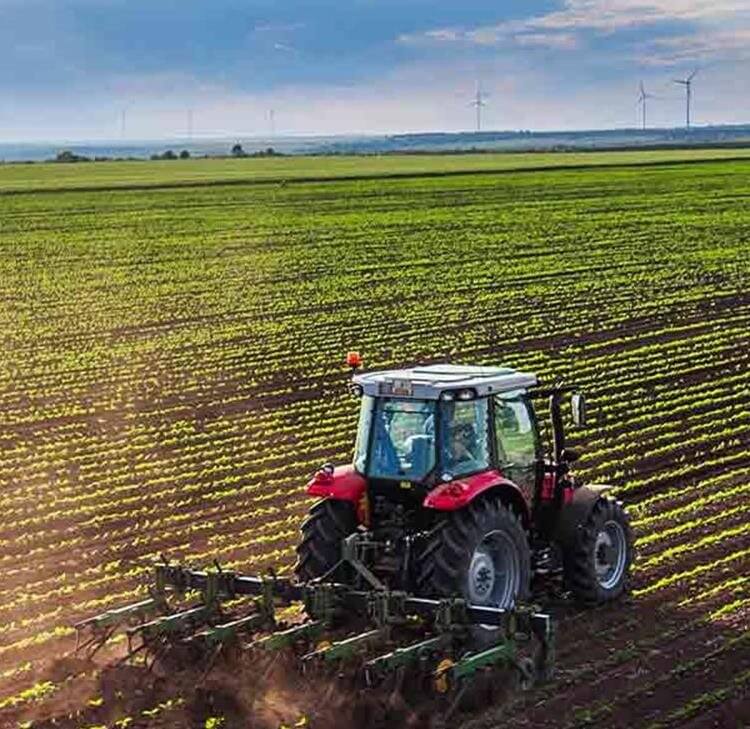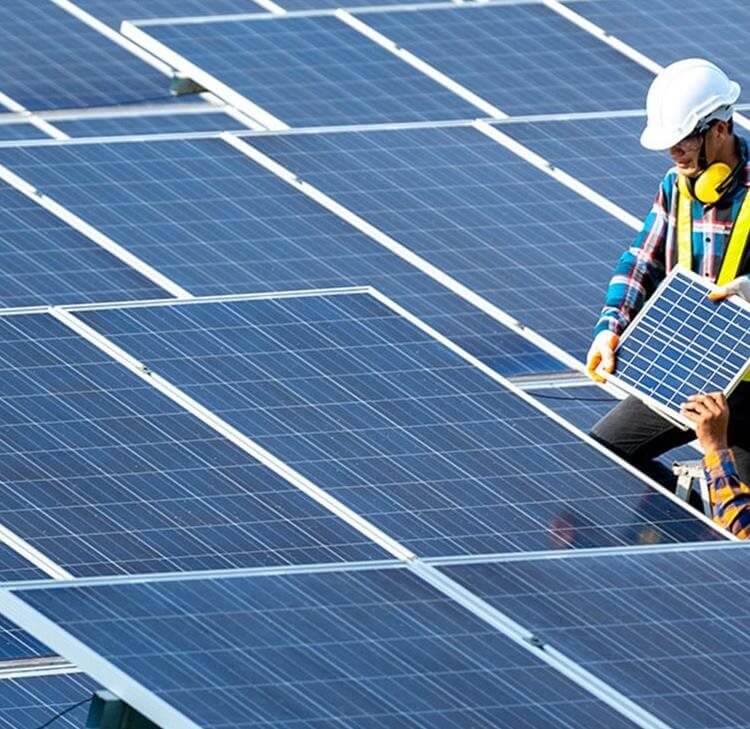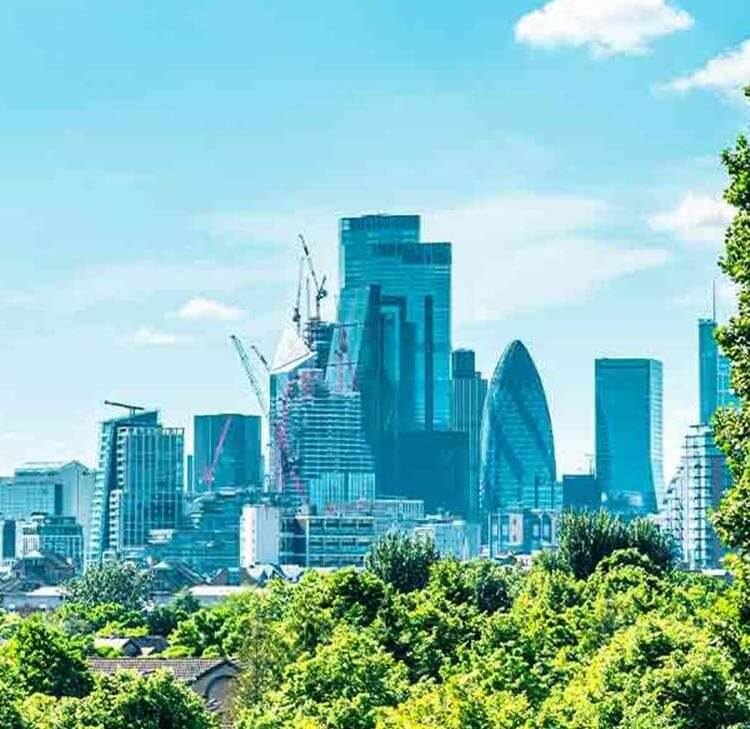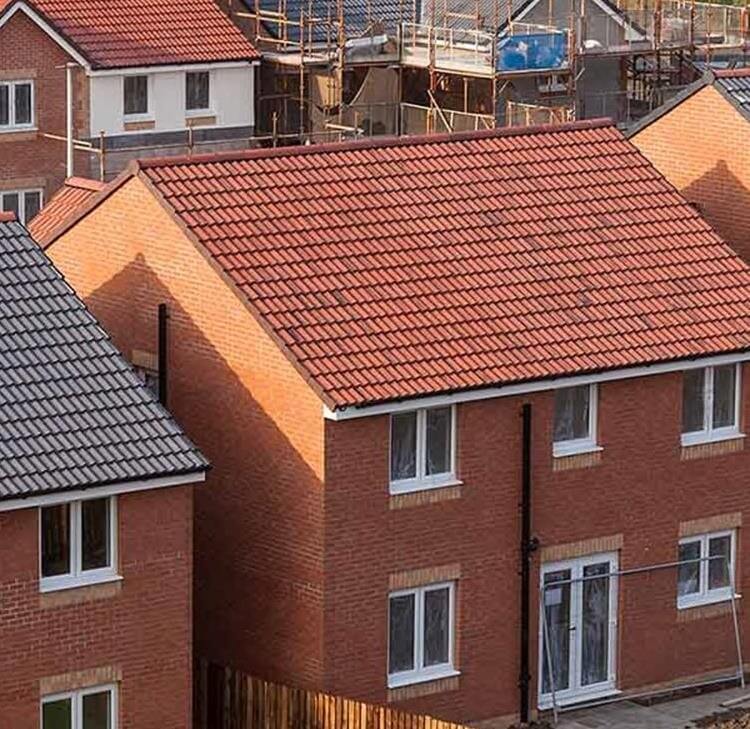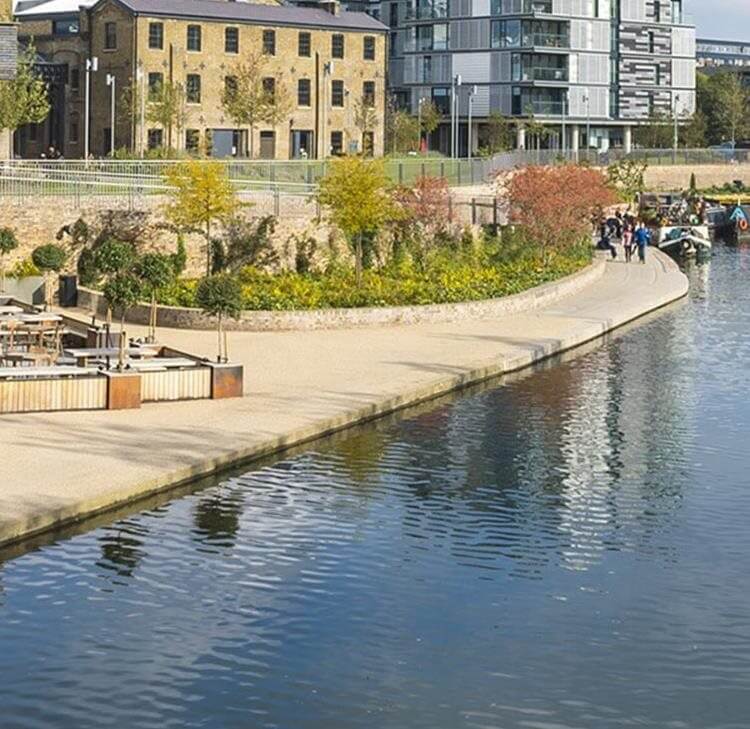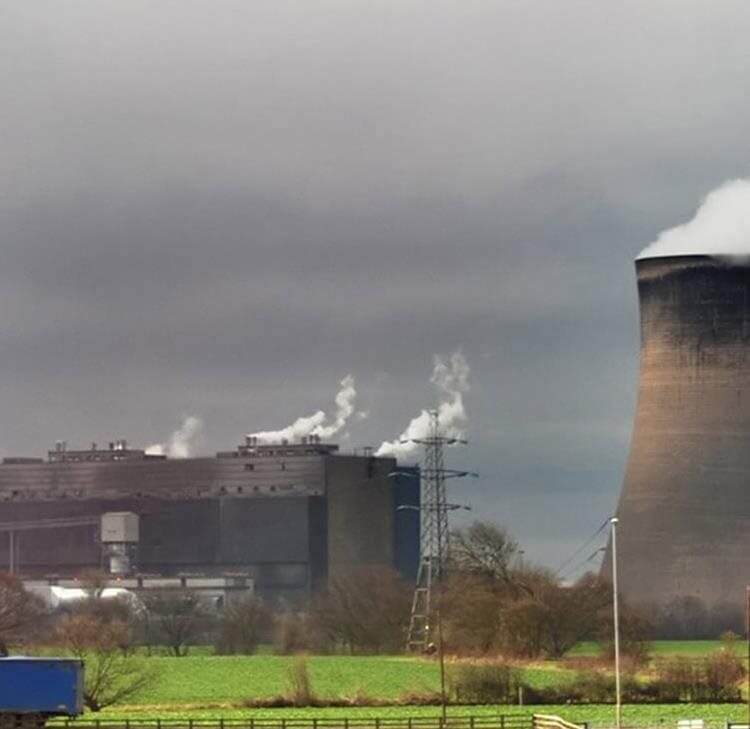Pace not perfection
It’s widely accepted that the world is not doing enough to meet the target of limiting global warming to 1.5°C, as agreed in the Paris Agreement. As of March 2023, the IPCC (the Intergovernmental Panel on Climate Change), which is the United Nations body for assessing the science related to climate change, reported that the world has already warmed by 1.1°C. The IPCC now expects the world to breach 1.5°Cby the 2030s - despite all the grand speeches of politicians.
This is echoed by the Government’s independent adviser on climate change, the Climate Change Committee. Lord Deben, the previous Chair of the Climate Change Committee, said in 2023, “I urge the Government to regroup on Net Zero and commit to bolder delivery. This is a period when pace must be prioritised over perfection.”
Local authorities and other public bodies have a key role to play in the transition to a Net Zero economy; for example, local authorities:
- Have influence over important policy areas like housing, transport, health and wellbeing, which can make significant contributions in terms of reduced emissions. They can align action with the needs and preferences of local communities and, through discussion and consultation with residents, councils can tailor decisions to local contexts, sharing knowledge about possible solutions.
- Can build partnerships with residents, businesses, the third sector and other parts of government to enable and encourage behavioural change that leads to changes in how people use energy, transport, housing, waste services, and much more.
Public bodies, generally, are often expected to take a leadership role in the delivery of initiatives such as nature-based solutions and improvements in air quality. Not all actions taken by public bodies are perfect or popular; many may require individuals to make changes, such as low-traffic neighbourhoods.
As we enter a stage in our transition to Net Zero where difficult decisions need to be made, the question of how we get to Net Zero becomes increasingly political rather than scientific. The Prime Minister’s speech on 20 September 2023, where he set out changes in relation to key Net Zero policies (such as the ban on new diesel and petrol vehicles and the phasing out of fossil-fuel boilers), had a chilling effect on those wanting to take action on climate change. This wasn’t necessarily solely due to the contents of the policy changes, but also due to the way they were expressed. The impression given was that the speed of the Net Zero transition was going to be slowed. It also undermined confidence that key policy milestones set by the council would be met - reducing the willingness of those wanting to invest to meet them.
The key issue is that it is often possible to criticise actions taken to reduce emissions (for example, there are those that wish to delay the rollout of electric cars until compromises, such as in relation to range and environmental impact of the batteries themselves, are fully resolved). This can mean that key projects don’t go ahead until all potential issues are resolved. As very few green initiatives are perfect, this leads to a preference for the status quo.
To break this, strong political leadership is needed. The key question is whether this election will bring that leadership or have the opposite effect.
The election manifestos
Green issues are an important aspect for the election; however, not all parties place the same weight on them.
Most polls show Labour with a significant lead; so, what would a Labour government do from an environmental perspective? From my perspective, some of the key things are:
- Take action to hit the Environment Act targets. The focus is on issues such as biodiversity, equality, water quality and waste reduction. Labour doesn’t say what action it’s going to take but political support may help local initiatives get off the ground.
- Implement solutions to unlock housebuilding in areas affected by nutrient neutrality rules but “without weakening environmental protections”. Again, it is unclear precisely how this will be achieved. The proposal by the current Government last year involved disapplying the Habitats Directive in relation to some of the aspects which affect housebuilding. Hopefully, the Labour solution will involve addressing the core issue, which was the poor quality of key river-based protected sites, rather than try to exclude the application of the Habitats Regulations.
- Bolster and increase access to nature with the creation of nine National River Walks and the planting of three new National Forests in England. It also plans a Community Right to Buy scheme, which would see communities being able to purchase and restore derelict land and green space.
- A green prosperity plan to invest in climate transition, which would aim to create 650,000 jobs by 2030. It aims to invest in the industries of the future.
- All power to come from zero carbon sources by 2030.
- The provision of £6.6 billion in grants to make homes warmer.
- Transition to a circular economy.
- A focus on renewable energy through GB Energy (although it will still face the same planning policies as private developers).
The Conservatives focus less on green issues, although still maintain a commitment to Net Zero. The Conservatives wish to scrap nutrient neutrality rules. They also wish to:
- Require the Climate Change Committee to consider the cost to households and UK energy security in its future climate advice.
- Boost democratic consent for future Net Zero decisions (which is likely to make more difficult decisions harder to take).
- Avoid any new green levies.
- Reform EIA in relation to planning.
Accordingly, whilst a Conservative Government would still pursue green policies, it is clear that they don’t wish to take these decisions where to do so would place unpopular costs upon households
The Liberal Democrats focus heavily on the environment in their manifesto, with over 70 pledges. These include pledges on water, air quality, waste, climate and nature; for example, they wish to:
- Place climate change at the heart of the new industrial strategy.
- Establish a new Net Zero Delivery Authority.
- Give more powers and resources to councils’ local Net Zero strategies.
- Focus on nature-based solutions.
- Invest in active travel on public transport.
- Create a new Clean Air Act, setting targets based on World Health Organization guidelines, which would be enforced by a new Air Quality Agency.
Reform is currently enjoying success in the polls. It pledges to scrap Net Zero, ditch renewable energy subsidies, scrap low-traffic neighbourhoods and scrap “unnecessary government quangos and commissions”. Whilst it appears unlikely that they will play a major role in government after the election, a strong showing by Reform has the potential to impact local politics.
What does this mean?
What this means for public bodies clearly depends on who wins the election and by what margin; however, if the polls are to be believed then there will be a significant Labour majority, meaning the environment is likely to rise up the political agenda. It is likely that investment will be made to meet air- and water-based targets and also those for waste. For local authorities, in particular, this is likely to mean investment. Public bodies such as the Marine Management Organisation, Natural England and the Environment Agency are also likely to see investment.
However, Labour’s policies currently lack a significant amount of information on how they will be achieved. There are also competing priorities, such as the need to increase the speed of house building and amend the planning system; this is something the current Government has been trying to achieve for over 10 years and it has often struggled.
The key initial change for a new Government, especially if the Government isn’t Conservative, would be a feeling of a new start with renewed optimism to achieve their objectives. If that is a Labour Government, as the polls suggest, then public bodies could find themselves in a position to advance green policies; however, it is unlikely that there will be significant amounts of money available immediately.
Public bodies still need to decide and agree on what is to be done. Hopefully, the new Government will support them.




